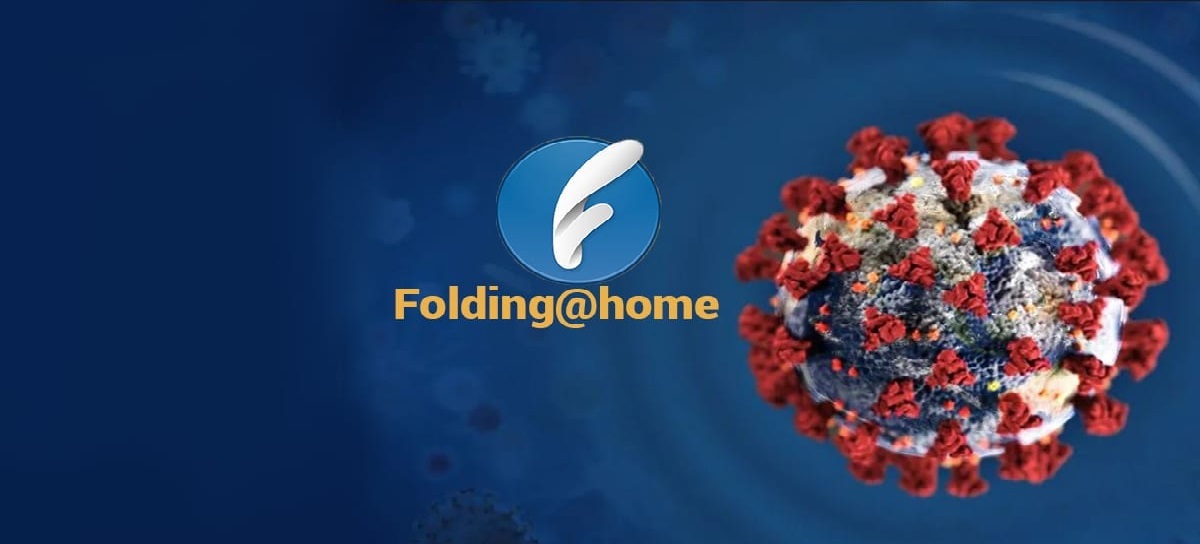
For some years now, they have been made known various cases of websites, applications, scripts, attacks and other methods developed by hackers and webmaster to be able to use the potential of the computers of its users or victims to mine cryptocurrencies or act as one more node in a network to serve causes that benefit the hacker.
Although from the knowledge of these methods, various solutions and blocks have been developed for it, but if instead of using the potential of the computer of people for monetization causes be used to aid disease research?
This may be possible thanks to Folding @ home a project that is not new and has been in operation for several years.
About Folding @ home
This is a distributed computing project designed to use personal computer resources to perform simulations of protein folding relevant to diseases and other molecular dynamics, and to improve the methods thereof.
Also referred to as FAH or F @ h, much of his work tries to determine how proteins reach their final structure, which is of great academic interest and has important implications for disease research.
To a lesser extent, Folding @ home it also tries to predict that final structure from its amino acid sequence only, which has applications in drug design.
Folding @ home does not depend on powerful supercomputers to process the data; instead, the main contributors to the project are voluntary participants of personal computers that have installed a small client program.
About the Nvidia initiative
With that Nvidia has launched an invitation to all its users so keep in mind that you can Lend the power of your graphics card to help fight the COVID-19 epidemic.
NVIDIA recently launched a global call to its community to join the Folding @ home program and download the app of the same name to harness the power of their computers to advance coronavirus research in general, and COVID-19 in particular, and help develop a treatment.
"Folding @ home" can be run in parallel with the Rosetta @ home program, a distributed computing project opened on September 22, 2005, based on the BOINC system and led by the University of Washington, whose objective is to determine the structure of proteins in order to be able to develop treatments against the main human pathologies.
The NVIDIA-backed program follows the same logic when proposing to interconnect these same PCs within an international network that uses distributed processing power to perform resource-intensive calculations, a task that is perfectly suited to dedicated GPUs. Of course, you can close the application and regain the full power of your GPU to play your video games whenever you want.
How to support?
For those interested in supporting the project Folding @ home they should know that it is available andn Windows, Mac and Linux and that it can be used with custom parameters and that also the client can only be executed when you click on it (manual mode), otherwise, it will start at the same time as the PC.
With it heUsers can select whether their machines can be used at all times, or only when they are idle; limiting the computational intensity of the process and even competing with each other and joining teams to encourage participation (although some of these features are now inaccessible due to the overwhelming load on the website of Folding @ home ).
After this step has been completed, the Folding @ Home client should launch and assign a project to it.
The first wave of projects aims to better understand how these coronaviruses interact with the ACE2 receptor on human cells that allow the virus to enter host cells and how researchers could short-circuit this mechanism using new antibodies or small molecules that could disrupt their interaction.
If you want to know more about it, you can consult the information In the following link.